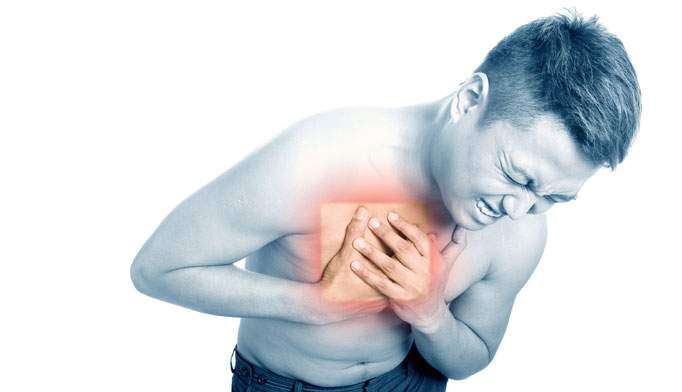Gastroesophageal reflux disease (GERD) is a condition whereby acid from the stomach frequently leaks back into your gullet. It is also known as acid reflux. However, acid reflux as a result of a valve at the end of the gullet, which is the lower esophageal sphincter, fails to close properly after the food arrives in the stomach. Therefore, acid backwash flows back through the esophagus and into your mouth. It gives you a sour taste referred to as heartburn.
However, everyone at some point in life experience acid reflux. Having heartburn at some points that is not so frequent is normal. However, if it occurs more than twice a week for a period of several weeks constantly, it is not normal. Some prescribed or over-the-counter medications and antacids can be taken. So, if the symptoms return every now and then, that may have advanced to GERD. GERD should only be treated by healthcare providers. This is because it should not just be to relieve the symptoms. If not taken seriously, GERD may lead to other serious problems.
Causes
- May affect some people due to the use of alcohol.
- Hiatal hernia-This is where some part of your stomach moves above the diaphragm, the muscle that separates your chest from the abdominal cavities.
- Obesity.
- Carrying a pregnancy due to the pressure on the abdomen.
- Scleroderma.
- Smoking.
- Lying back before3 hours, after you eat.
- Certain types of food such as dairy, spicy or fried foods, and your eating habits.
- Some types of medications for instance medication for asthma, high blood pressure, and allergies. Also, painkillers, sedatives, and anti-depressants are possible causes.
Symptoms of Gastroesophageal

The most common symptoms of GERD are;
- Heartburn- This is a painful burning feeling in your chest. It is a result of irritation to the lining of your esophagus due to stomach acid.
- Regurgitation. Where swallowed food comes back into the mouth.
- Feeling like food is trapped in the throat.
- Frequent coughing.
- Pain in the chest.
- Pain while swallowing.
- Vomiting.
- A sore throat and hoarse voice.
Also, children may experience other extra symptoms such as;
- Vomiting severally.
- Crying excessively without wanting to eat.
- Having breathing difficulties.
- Waking up severally with signs of choking.
- Bad breath.
- Difficulties in sleeping mostly to infants.
Is Gastroesophageal Reflux (GERD) life-threatening?
GERD itself is not a threat to life. However, if left untreated for a long time, it may lead to other health problems that are more serious. For instance;
- Esophagitis– This is irritation and inflammation that the stomach acid causes to the lining of the esophagus. As a result, you may develop ulcers in the esophagus, and have some chest pain, bleeding and trouble when swallowing.
- Barrett’s esophagus. This is when long-term damaged acid reflux causes a change in the cells of the lining of the esophagus. It is a risk factor for cancer in the esophagus.
- Esophageal cancer starts in the esophagus.
- Strictures– The damaged lining may become scarred, causing it to narrow the esophagus which may interfere with swallowing.
Prevention and treatment
- Avoiding the triggering agents such as certain types of food
- Take over-the-counter medications if the symptoms are not persistent
- Get some prescription medications from a health professional.
- Maintaining an upright position after eating.
- Surgery may be taken as the last option.
- Also, void smoking and taking alcohol.
- A list of special secondary schools, and contacts.
- Kenya Institute of special education, courses.
- Kenya Medical Training College, courses, requirements.
- Egerton university, fees, location, courses.
- List of best private primary schools in Kirinyaga County.
- Public Universities in Kenya
- How is The Lenana Boy school and location?